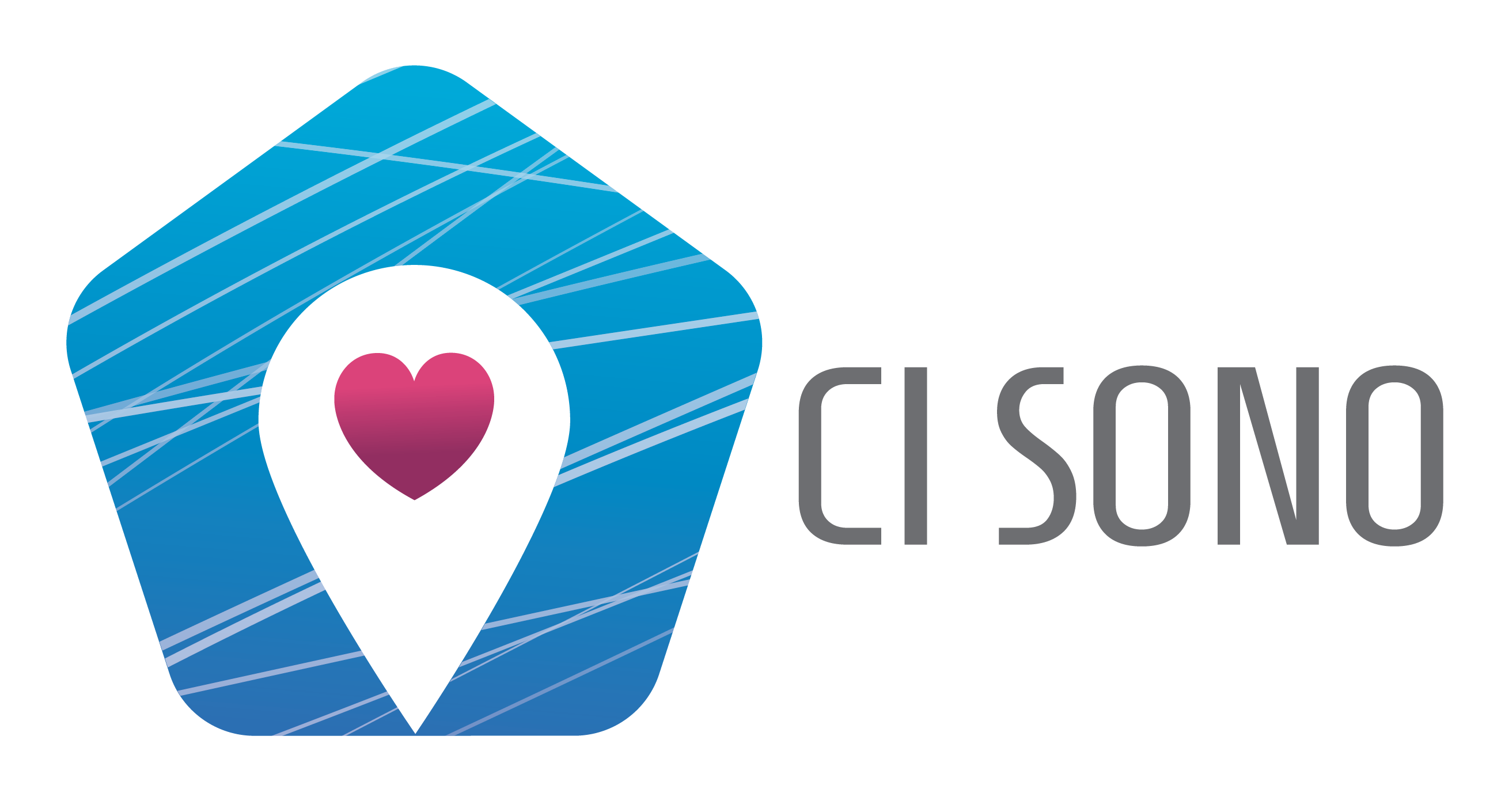OTC vs Exchange Gold Trading World Gold Council
Content
Exchanges are typically regulated platforms that centralise and intermediate transactions between market participants. Exchanges support transparent price discovery, typically through a central order book which market participants register their buying/selling interest on. otc trade Counterparty risks are transferred to a central counterparty (CCP) through the process of clearing. The CCP warehouses credit risk exposures and is protected against default events by market participants posting collateral (margin) and contributions to a central default fund. Generally, exchanges/CCPs support broad market access as firms can either connect directly as members or gain access through an agency bank or broker.
A Look at Over-the-Counter Equities Trading
There are three types of OTC markets, as indicated by the OTC market group in charge of securities traded on the public market. However, the classification is based on the quality of the information concerned companies or securities provide. Currently, there are over 12,000 securities traded on the OTC market, including cryptocurrencies, stocks, bonds, derivatives, et cetera. This information is educational, and is not an offer to sell or a https://www.xcritical.com/ solicitation of an offer to buy any security. This information is not a recommendation to buy, hold, or sell an investment or financial product, or take any action. This information is neither individualized nor a research report, and must not serve as the basis for any investment decision.
How Can I Invest in OTC Securities?
However, many OTC desks adhere to compliance standards such as KYC and AML procedures. Upgrading to a paid membership gives you access to our extensive collection of plug-and-play Templates designed to power your performance—as well as CFI’s full course catalog and accredited Certification Programs.
How does OTC trading differ from exchange-based trading?
Seasoned copywriter with a focused expertise in crypto and fintech, adept at translating complex industry jargon into clear, engaging content. Driven by my mission to illuminate the intricacies of the crypto and fintech industries, my commitment is to create and deliver content that educates, engages, and empowers. I strive to foster understanding, inspire confidence, and catalyze growth in these dynamic sectors, contributing to the forward momentum of our digital financial future. Alexander Shishkanov has several years of experience in the crypto and fintech industry and is passionate about exploring blockchain technology. Alexander writes on topics such as cryptocurrency, fintech solutions, trading strategies, blockchain development and more.
- Moreover clearing and settlements are still left to the buyer and seller, unlike in exchange transactions, where trades are matched up and guaranteed by the exchange.
- How securities are traded plays a critical role in price determination and stability.
- You don’t get the advantage of the system designed to bring buyers and sellers together.
- Unlike traditional exchanges where trades are visible and executed in a public order book, OTC trades are private and conducted off-exchange.
- Stocks that trade on an exchange are called listed stocks, whereas stocks that are traded over the counter are referred to as unlisted stocks.
- Depending on the exchange, the medium of communication can be voice, hand signal, a discrete electronic message, or computer-generated electronic commands.
IG International Limited is part of the IG Group and its ultimate parent company is IG Group Holdings Plc. IG International Limited receives services from other members of the IG Group including IG Markets Limited. Liquidity and insufficient public information may lead to credit risk of OTC trading. Over-the-counter (OTC) refers to trading securities not in the centralized market but directly between two parties. There are pros and cons to both OTC and exchange-traded derivatives that impact which is most suitable for a particular organization.
Broker-dealers must follow Rule 15c2-11 when initiating or resuming quotations in OTC securities, which includes submitting Form 211 to FINRA to demonstrate compliance. Several days later, another investor, TechVision Ventures, contacts a different broker and expresses interest in buying Green Penny shares. The broker reaches out to various market makers and discovers that the price has increased due to growing investor interest.
Other larger companies are traded OTC because they’ve been delisted from the exchanges for failing to continue to meet listing standards. Exchanges, whether stock markets or derivatives exchanges, started as physical places where trading took place. Some of the best known include the New York Stock Exchange (NYSE), which was formed in 1792, and the Chicago Board of Trade (now part of the CME Group), which has been trading futures contracts since 1851. Today there are more than a hundred stock and derivatives exchanges throughout the developed and developing world. In the United States, over-the-counter trading in stock is carried out by market makers using inter-dealer quotation services such as OTC Link (a service offered by OTC Markets Group).
You should consider whether you understand how spread bets and CFDs work and whether you can afford to take the high risk of losing your money. A major exchange like NASDAQ offers increased visibility and liquidity. An organisation can increase its visibility with institutional investors. Companies moving to a major exchange can also expect to see an increase in volume and stock price. The OTC market is arranged through brokers and dealers who negotiate directly.
Over-the-counter (OTC) is the trading of securities between two counterparties executed outside of formal exchanges and without the supervision of an exchange regulator. OTC trading is done in over-the-counter markets (a decentralized place with no physical location), through dealer networks. Most brokerages allow retail investors to trade on OTC markets, although they may have additional requirements due to the risk of OTC trades.
The two counterparties to a trade bilaterally agree a price and have obligations to settle the transaction (exchange of cash for gold) with each other. This form of principal-to-principal gold trading is typically less regulated than trading on an exchange and is how most of the market has functioned historically. Often cited advantages for the OTC model are that it provides market participants with a high degree of flexibility (i.e. to customise transactions) and enables large gold trades to be executed anonymously. However, OTC markets typically lack high levels of transparency and expose market participants to credit counterparty risks. OTC markets also face several regulatory challenges that have increased the typical costs of transacting under this model. The products and services offered by the StoneX Group of companies involve risk of loss and may not be suitable for all investors.
OTC stands for “over-the-counter,” referring to trading that occurs directly between two parties rather than through a centralized exchange. Get tight spreads, no hidden fees, access to 11,500 instruments and more. An example of OTC trading is a share, currency, or other financial instrument being bought through a dealer, either by telephone or electronically. Business is typically conducted by telephone, email and dedicated computer networks. Experience unrivaled OTC trading with StoneX Markets – covering diverse markets from dairy to interest rates, our tailored solutions optimize your exposure and liquidity management. Trade the OTC markets and protect your margins against budget-busting upside price risk.
However, it also exposes traders to counterparty risk, as transactions rely on the other party’s creditworthiness. Trading foreign shares directly on their local exchanges can be logistically challenging and expensive for individual investors. This market indicates companies that are unwilling or unable to provide disclosure to the public markets. Companies in this category do not make current information available via OTC Markets disclosure and news service, or if they do, the available information is older than six months.
This category includes defunct companies that have ceased operations as well as “dark” companies with questionable management and market disclosure practices. Securities of publicly traded companies that are not willing to provide information to investors are considered highly risky. Pink is an open market that has low financial standards or reporting requirements.
OTC markets could also involve companies that cannot keep their stock above a certain price per share, or who are in bankruptcy filings. These types of companies are not able to trade on an exchange, but can trade on the OTC markets. The risks of loss from investing in CFDs can be substantial and the value of your investments may fluctuate. 72% of retail client accounts lose money when trading CFDs, with this investment provider. CFDs are complex instruments and come with a high risk of losing money rapidly due to leverage. You should consider whether you understand how this product works, and whether you can afford to take the high risk of losing your money.
Over-the-counter (OTC) trading is conducted directly between two parties without the oversight of an exchange. Prices are not necessarily publicly disclosed in OTC trading, while exchange trading provides public price and liquidity. FINRA also publishes aggregate information about OTC trading activity for both exchange-listed stocks and OTC equities, both for trades occurring through ATSs and outside of ATSs. Additionally, FINRA publishes a variety of information about OTC equity events, such as corporate actions, trading halts and UPC advisory notifications, among other things. OTC dealers convey their bid and ask quotes and negotiate execution prices by telephone, mass e-mail messages, and, increasingly, text messaging.
After evaluating the quotes and considering the company’s prospects, MegaFund buys 30,000 shares from OTC Securities Group at $0.85 per share. The trade is executed directly between MegaFund and OTC Securities Group through a private negotiation. No public announcement is made about the transaction, and the price isn’t displayed on any exchange. While OTC derivatives offer the advantage of customization, they also carry a higher level of credit risk compared with exchange-traded derivatives.
If you wanted to buy into the fledgling company back in 2007, you would have needed to do it over-the-counter (OTC). OTC securities present unique and potentially significant risks beyond those posed by exchange-listed securities. Due to these risks, OTC securities may not be appropriate for all investors. OTC trades can often be settled more quickly than trades on public exchanges. Since the trade is negotiated directly between the parties, the settlement process can be streamlined, reducing the time it takes to finalize the transaction. The company transitioning from OTC to a major exchange must be approved for listing by the relevant exchange.
You may encounter significant delays in executions, reports of executions, and updating of quotations in OTC equity securities. Although market data relating to OTC equity securities may update, displayed pricing information and other OTC equity securities market data may not be current at any given point in time. OTC securities are usually unlisted and are not required to meet the strict listing conditions issued by the stock exchanges. Compared with listed securities, securities traded over-the-counter are more abundant and diverse. Some securities are not traded on stock exchanges simply because the issuers of the securities have not applied for listing. OTC trades in exchange-listed stocks—whether occurring on an ATS or otherwise—must be reported to a FINRA Trade Reporting Facility (TRF).


